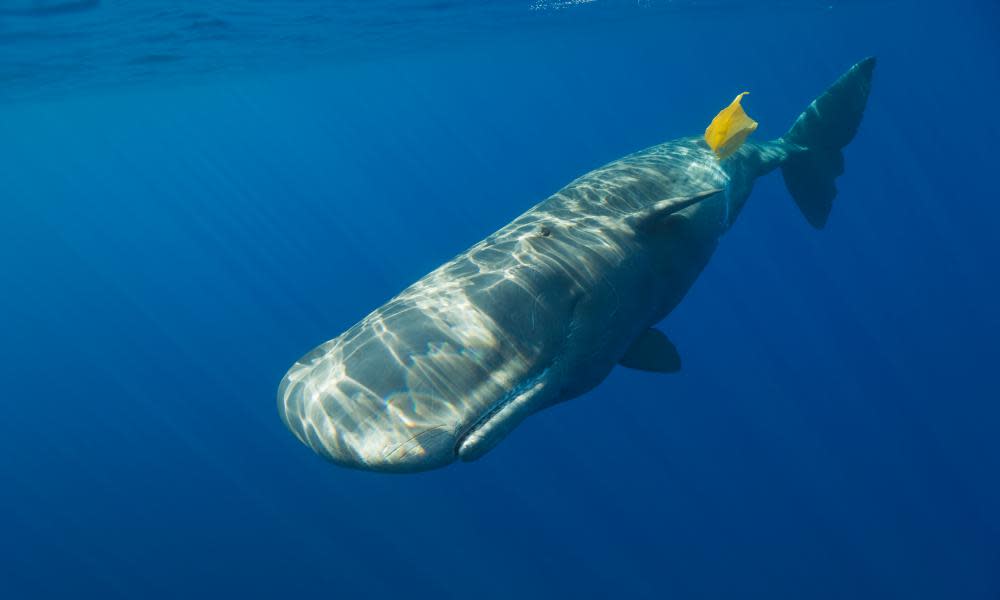Plastic bag-swallowing sperm whales – victims of our remorseless progress

Plastic bags have been blamed for the deaths of sperm whales in the Mediterranean. The Athens-based Pelagos Cetacean Research Institute found that more than a third of the sperm whales found dead in Greek waters had stomachs blocked by plastic waste. But this comes as no surprise to whale watchers.
In a plangent 2011 report by same researchers on a mass sperm-whale stranding, a combination of factors – noise from naval exercises, dehydration and stress that caused toxic chemicals and heavy metals to be released from the whales’ body fat – was found to have caused them to beach. The scene of the dying whales moved the scientists to unusually emotive language as they recorded finding them “agonising on the shore”.
Postmortems of some of the 29 sperm whales that stranded around the North Sea coasts in January 2016 found plastic in their stomachs – including large pieces from cars. But many other factors come into play. Another recent report indicated that intense solar activity in the winter of 2016 may have interfered with the whales’ navigational systems, which rely on electromagnetic pathways on the Earth’s surface. The fact that the same activity caused a spectacular display of northern lights only seemed to echo the sense of the deaths of these huge, sentient and social creatures as omens of the fallout from our disruption of the natural world.
That Mediterranean whales are swallowing hundreds of plastic bags speaks to a terrible disconnect in the narrative of human and natural history. In the 18th, 19th and 20th centuries, sperm whales were hunted for their oil, which played a key role in the industrial revolution, for light and lubrication. Even as late as the 1980s, sperm whales were being killed in their hundreds off the Azores in the mid-Atlantic. But by that time, no one had a use for their oil, and their bones were ground up for use as plant fertilizer. It seems ironic that some of the plastic ingested by the sperm whales of the Mediterranean has come from intensive fruit and vegetable production.
Even though we stopped hunting these whales (after the 1986 moratorium), it seems they are fated to remain victims of our remorseless progress.

 Yahoo News
Yahoo News 
